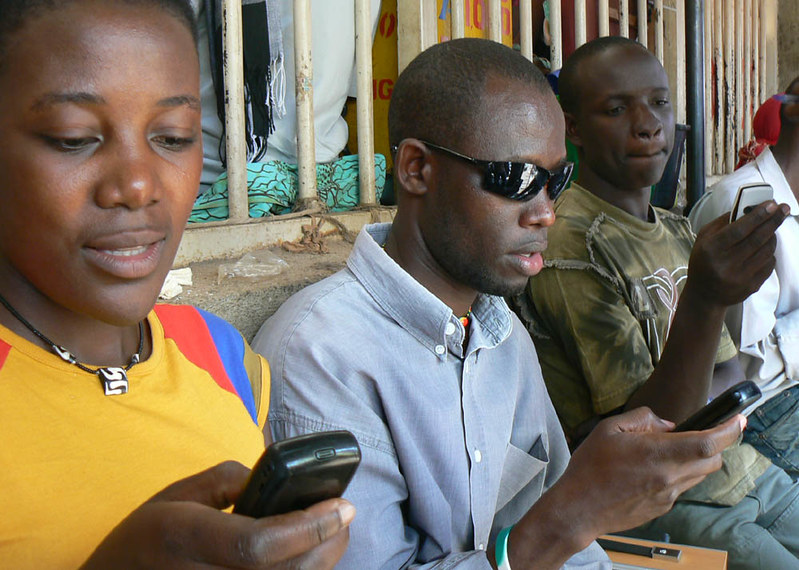Talking about religion, or faith to use a more general term, is about as popular a thing to do as overpaying your taxes, especially in the policy world. We shy away from the topic because of the personal, sometimes intense, reaction it elicits and, I suspect, because faith feels a little soft, emotional, even anti-intellectual when compared with hard political and economic realities. But since faith impacts U.S. policy, it is a conversation we ought to be having. This is especially true in development, where faith-based organizations (FBO) play a significant role in the delivery of humanitarian assistance abroad.FBOs have a long history of helping the poor overseas. Some organizations began after World War II, helping refugees, and have since morphed into savvy providers of food, medical care, and a host of other services to the poor all over the world, employing thousands of people and operating on budgets of hundreds of millions of dollars. Just to give you an idea of the scope of their work: one-third of all AIDS patients (pdf) in the world are cared for through the auspices of the Catholic Church.With their history, reach and expertise, it's no wonder the U.S. government and other international bodies see NGOs, both secular and faith-based, as indispensable tools for delivering humanitarian assistance. New York Times columnist Nicholas Kristof says that "Christian aid groups like World Vision and Samaritan's Purse save lives at bargain-basement prices." (July 5, 2005). According to a recent Boston Globe article, U.S. government funding to FBOs that deliver humanitarian assistance abroad increased from 10.5 percent of all USAID dollars in 2001 to 19.9 percent in 2005. (Government funding to FBOs is not a new phenomenon: Catholic Relief Services (CRS), one of the organizations that, together with World Vision and Samaritan's Purse, receives the bulk of government assistance, has been using U.S. taxpayer-provided resources in relief and development programs for more than 60 years.) The Global Fund also financially supports more than 73 FBOs.The development community should not turn away from talking about the role of FBOs. But what we need is to move from a fearful and emotional reaction to an evidence-based discussion. Who are these organizations? How many of them are there? How do they vary in size and scope of activity? How much money do they receive and from whom? What kind of aid do they deliver and where? How do we measure their impact? Why does over 98 percent of U.S. government funding to faith-based organizations go to Christian groups? Is the government discriminating against groups of other faiths? Do any of these groups proselytize? What does that mean and how is it monitored? Is there a difference in results from FBOs versus secular organizations?FBOs are one of the many ways the U.S. delivers foreign assistance. As we in the development community look to improve the effectiveness of aid, we would do well to begin having an evidence-based discussion about the impact of faith-based organizations.**There is already a lively discussion on the role of faith and politics. For more information see:
- "Faith in Action: Examining the Role of Faith-Based Organizations in Addressing HIV/AIDS," Global Health Council (pdf)
- Faith and Development: Rethinking Development Debates, Katherine Marshall, the World Bank, June 2005
- "Global Poverty: Academics and Practitioners Respond," in The Review of Faith & International Affairs, Spring 2006
- Bush brings faith to foreign aid, Boston Globe, October 8, 2006
- "One Year After the G8 Gleneagles Summit: Implementation, African Development and the African Monitor" with Archbishop Njongonkulu Ndungane, the Anglican Archbishop of Cape Town, South Africa
- Thomas, Scott "Building Communities of Character: Foreign Aid Policy and Faith-Based Organizations" in SAIS Review - Volume 24, Number 2, Summer-Fall 2004, pp. 133-148, available through project muse
- Walter Russell Mead, "Religion and U.S. Foreign Policy," Foreign Affairs, September/October 2006
- "Faith-based and secular humanitarian organizations," International Review of the Red Cross, Vol. 87, June 2005 (pdf)
CGD blog posts reflect the views of the authors, drawing on prior research and experience in their areas of expertise.
CGD is a nonpartisan, independent organization and does not take institutional positions.





